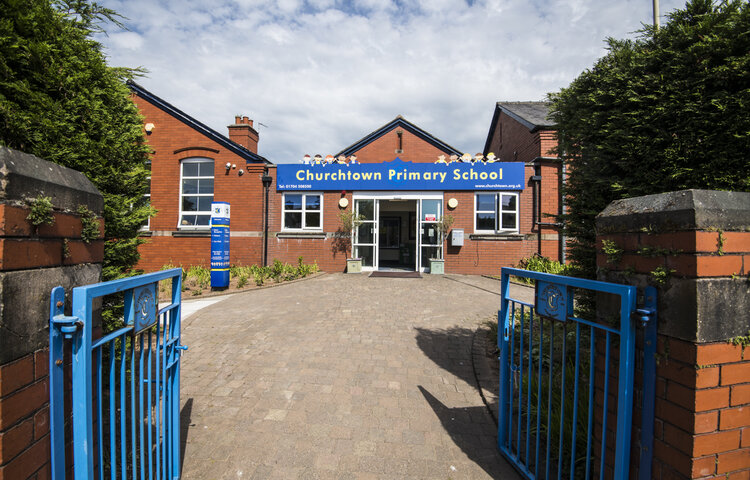Drama
At Key Stage 3, lessons serve as a wide-ranging introduction to the study and performance of theatre and drama. Key areas are listed below:
Year 7
Exploration of topics through drama activities, promoting performance confidence, acting and empathic skills. Spontaneous and polished improvisation, mime and physical theatre are also studied. Study of a full and substantial play text, exploring areas such as characterisation, themes and performance skills.
Year 8
Study of a full and substantial play text, exploring areas such as characterisation, themes, content, style and structure. Students also explore improvisation and development of devised work.
Year 9
Practical exploration of differing theatre practitioners, leading to creation of devised performance work. Study of a full and substantial play text with added focus on written examination style responses and scripted performances. Study of theatre design, leading to a focus on gothic genre and live theatre evaluation of National Theatre’s ‘Frankenstein’.
GCSE
Year 10 and 11 students follow the AQA specification, completing the following three components over the two year course:
Component 1: Understanding drama (40% of the GCSE)
Written examination at the end of the GCSE course, based on the study of a play text and a live theatre performance seen.
Component 2: Devising drama (40% of the GCSE)
Students will work in groups as an actor or designer to develop and shape a devised performance from a given stimulus (30% is a devising log- maximum 2,500 words, 10% actual performance). Internally assessed, externally moderated.
Component 3: Drama: Texts in practice (20% of GCSE)
Students will study and perform two contrasting scenes from a play text to a visiting examiner (10% for each extract performed).

